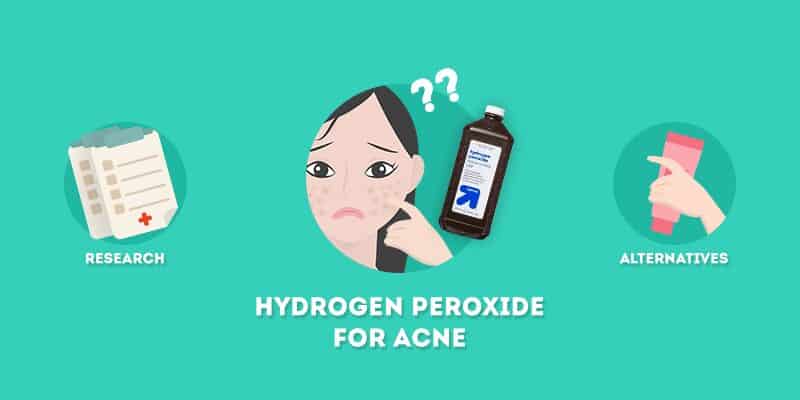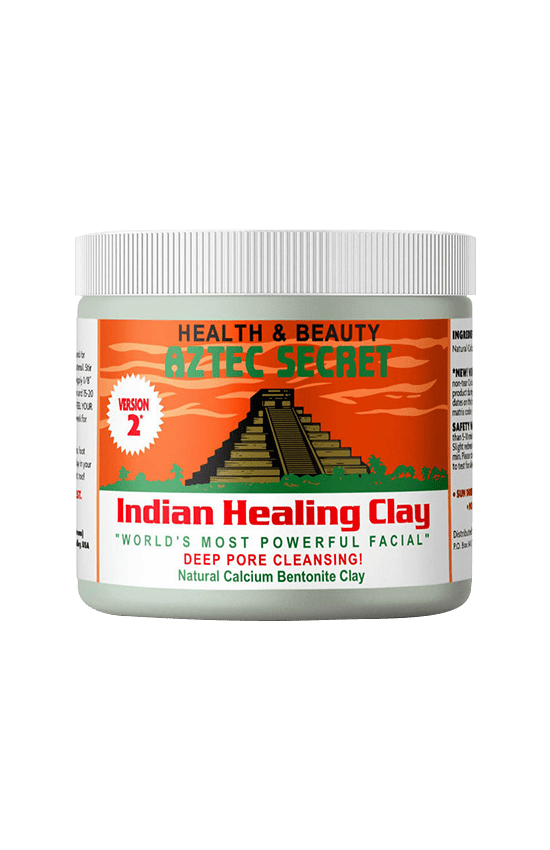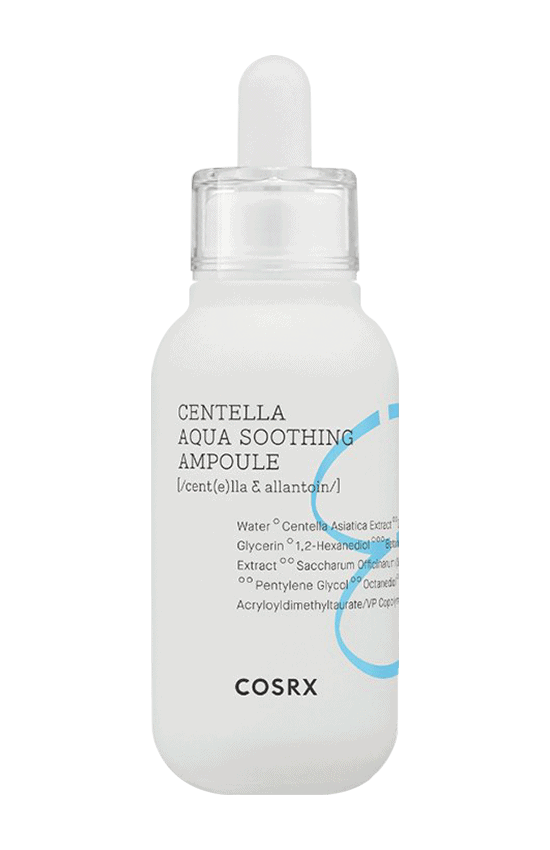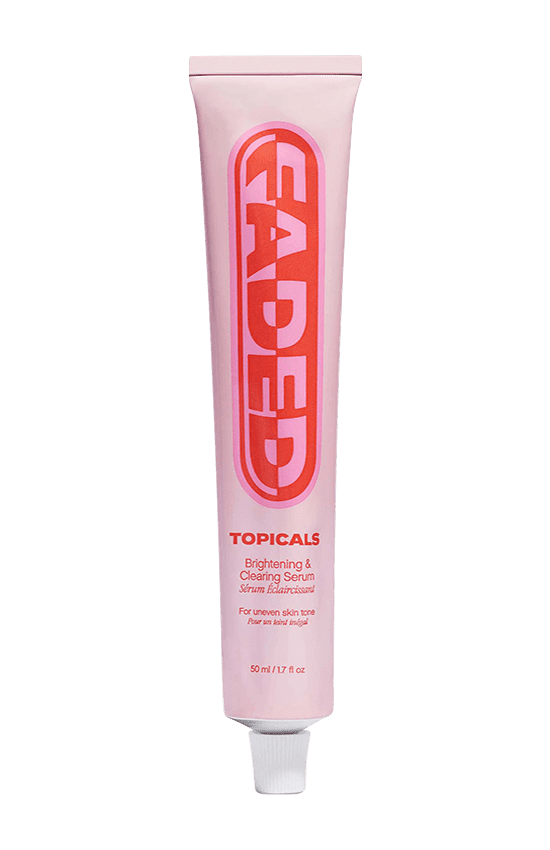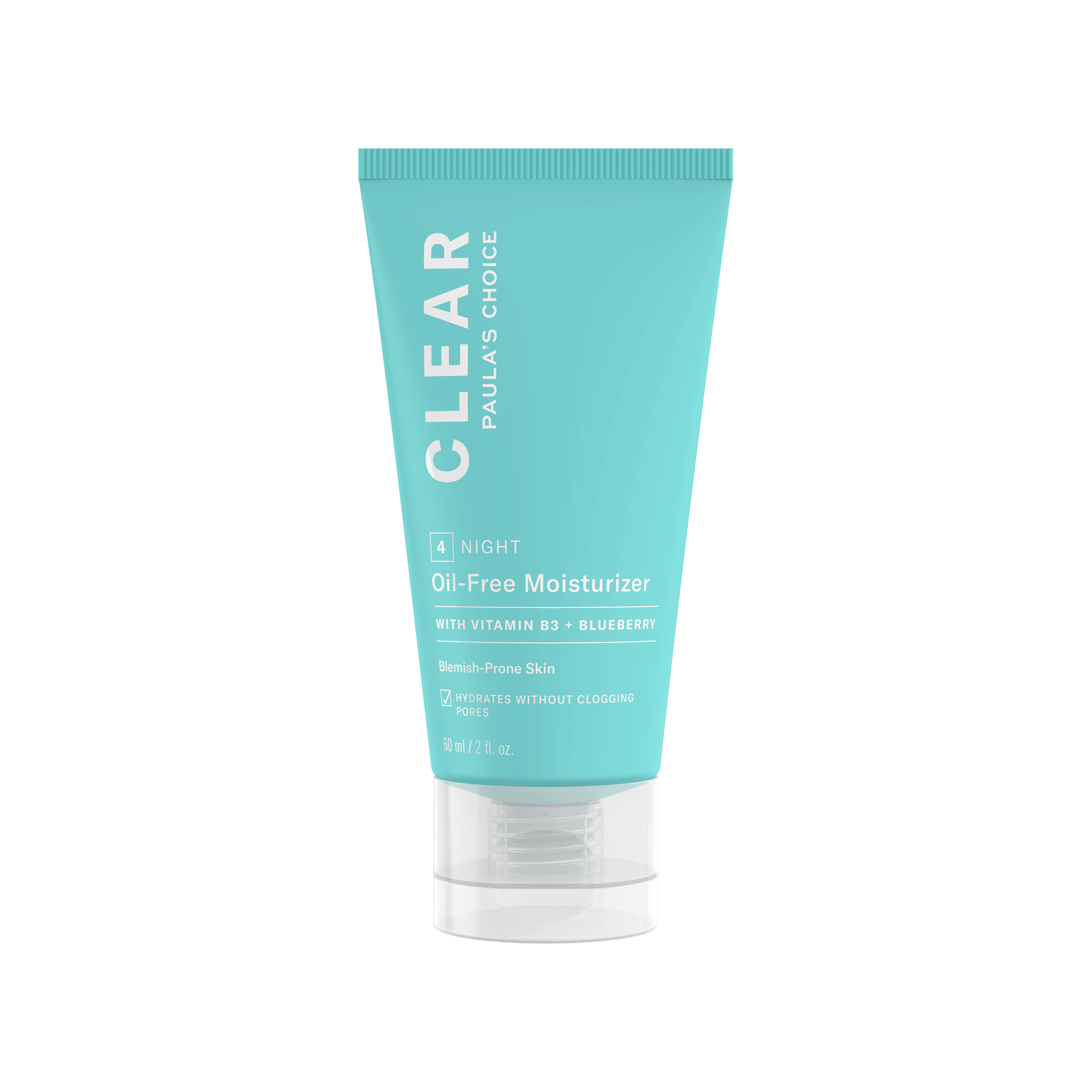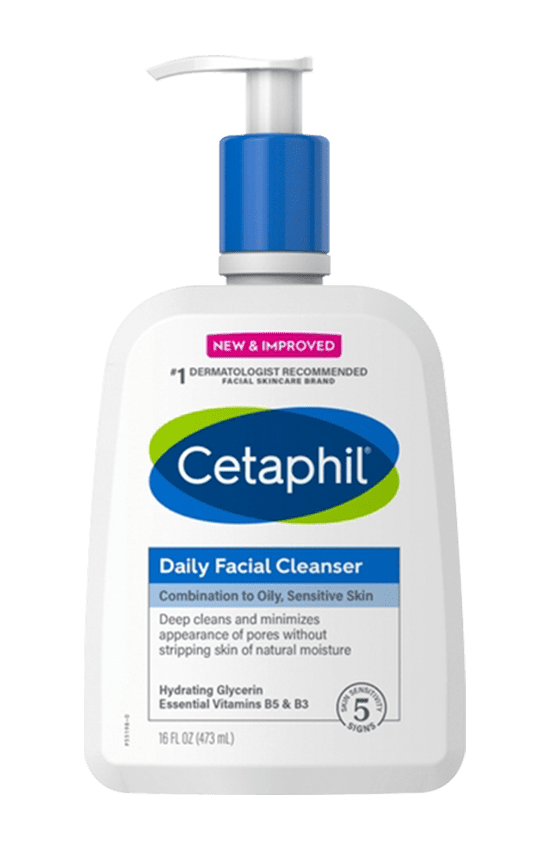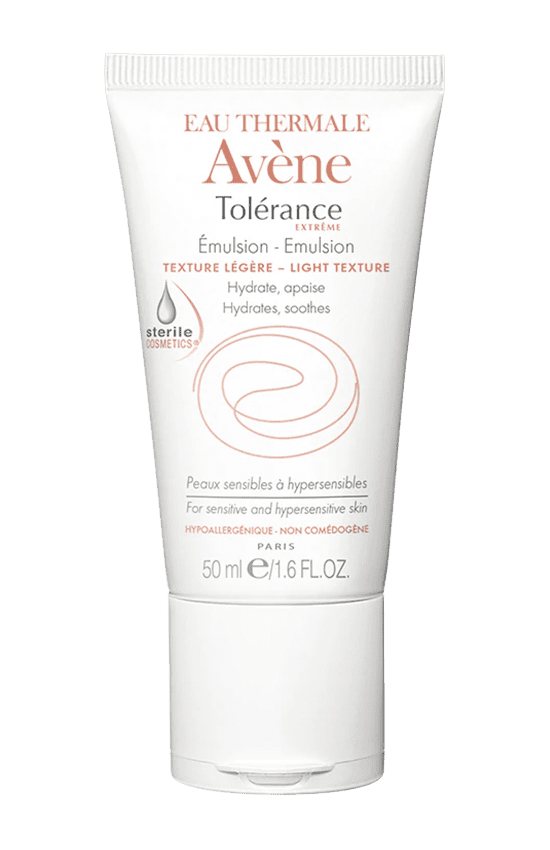Many people on the quest for flawless skin will come across the method of using hydrogen peroxide to treat acne. The temptation is understandable – it is cheap, easily found in local drugstores or grocery stores, and packs a powerful punch that would seemingly kill all acne in its tracks. Unfortunately, it isn’t that simple. Hydrogen peroxide can do more damage than good when it comes to treating acne. Thankfully, however, there are alternative options that are both effective and safe for the skin.
The Detrimental Effects of Using Hydrogen Peroxide for Acne
While it may seem like a viable ingredient, hydrogen peroxide is not the best option when it comes to treating acne. More often than not, it will lead to negative effects on the skin, which will only lead to more issues.
1. Hydrogen Peroxide Weakens the Skin
Through a process called oxidative stress, hydrogen peroxide damages and kills living cells, including bacteria. While killing bacteria might sound like a benefit when it comes to fighting acne, this process also results in the damaging of your own skin cells – including those called “fibroblasts.”
Fibroblasts are cells that help make up connective tissue in the skin. They are also crucial when it comes to wound healing. When fibroblasts are damaged, your skin’s ability to heal itself becomes weakened. One study proves how detrimental hydrogen peroxide can be when it comes to wound healing. It found that, when applied topically, it can slow down the fibroblasts’ ability to heal the skin. Another study came to similar conclusions. It found that hydrogen peroxide’s interference with fibroblasts can lead to the formation of scars. For acne-prone people, this means your skin is more likely to develop acne scars.
2. Other Side Effects of Hydrogen Peroxide on the Skin
Beyond weakening the skin, hydrogen peroxide can have much more noticeable negative effects immediately after applying it topically. Hydrogen peroxide can cause irritation on the skin, and can even lead to blisters or burns. This is especially true when people don’t dilute hydrogen peroxide enough, and end up using a concentration that is too high.
Alternative Products to Hydrogen Peroxide for Acne
Hydrogen peroxide may not be the best option for treating acne. That being said, there are other products available to treat acne that are both effective and safe to use on the skin. These are two of the top options you can try. These options both feature beneficial active ingredients: one has salicylic acid, while the other has benzoyl peroxide. Both are reasonably-priced and easy to access.
1. Paula’s Choice Skin Perfecting 2% BHA Liquid Salicylic Acid Exfoliant
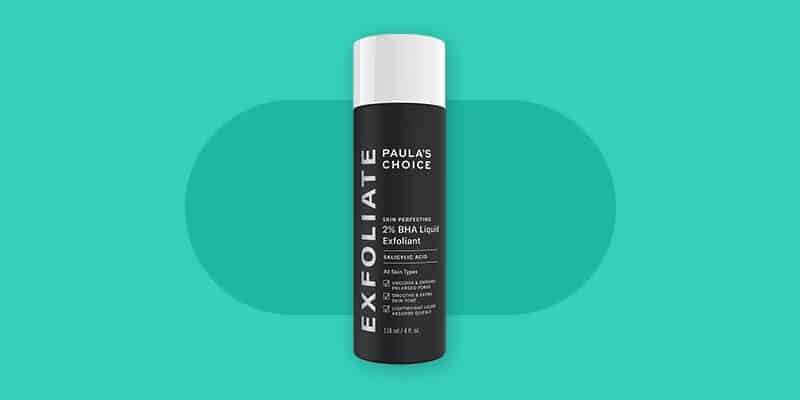
This popular product is specifically formulated for acne-prone skin. It is a leave-on exfoliant that is gentle enough to not irritate the skin, but strong enough to effectively fight acne. This product is also non-irritating and free of fragrance, so it is suitable for all skin types. It can be used twice a day for the best results. The active ingredient is salicylic acid, which is a beta hydroxy acid (BHA). BHAs work by unclogging pores and exfoliating dead skin cells. Salicylic acid is oil-soluble, so it is able to get deep into the pores to dissolve any acne-causing clogs.
How to Use: Apply the product on clean, dry skin. Soak a cotton ball or round, and sweep the product across any area with active blackheads, as well as areas where you are prone to blackheads. Do not wash off the product.
2. Acne.org 2.5% Benzoyl Peroxide
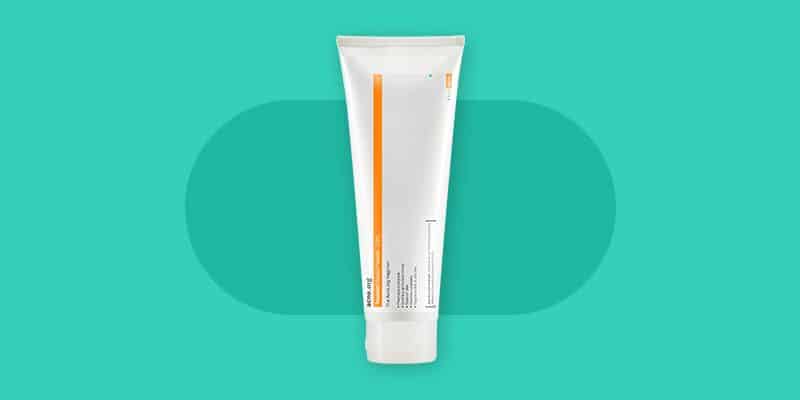
This benzoyl peroxide product is pharmaceutical grade and triple milled. That means it is able to penetrate the skin better than other similar products you might find on the market. Benzoyl peroxide – the active ingredient – works by removing excess dirt and sebum from the pores, and killing bacteria that can cause acne. The 2.5% formulation is strong enough to work, but gentle enough so that it doesn’t dry out or irritate the skin. It is also fragrance-free, and the gel formulation is easy to spread on the skin.
How to Use: After cleansing and exfoliating, apply a pea sized amount to each target pimple. Allow to dry, do not wash off.
Additional Tips for Treating Acne
Besides using these powerful products, there are a few other tips and methods you should implement to effectively fight acne. In order to treat current acne and prevent future pimples from popping up, it is vital that you stick to a consistent skincare routine. Your skincare routine doesn’t have to be complicated, but it is your ultimate weapon for keeping your skin acne-free. These are a few tips and steps you should incorporate in your skincare routine.
1. Cleansing
Cleansing your skin regularly is crucial for preventing acne. It gets rid of dirt, excess oil, makeup, sunscreen, and anything else that can clog your pores. If you are on the lookout for an effective cleanser, check out this list of the best drugstore face washes. You can apply a chemical exfoliant (like the Paula’s Choice Skin Perfecting 2% BHA Liquid Salicylic Acid Exfoliant) to the skin after cleansing. Then, follow up with a spot-treatment (like the Acne.org 2.5% Benzoyl Peroxide) if necessary.
2. Moisturizing
Some people with acne-prone skin are wary about using a moisturizer. However, it can be helpful for mitigating any dryness that may come with using more active ingredients to treat acne. Look for moisturizers that are non-comedogenic. This means that they won’t clog your pores, so you won’t have to worry about negating your other treatments.
3. Avoid Picking Your Skin
It’s tempting to pick at acne. However, this will do more harm than good. You can introduce more bacteria to the skin when picking at it, which can lead to more acne. Picking can also damage the skin and cause acne scars to form. Let the active ingredients in your products and your consistent skincare routine do the work for you.
4. Change Your Pillowcase Regularly
Oil and dirt from both your hair and skin can easily build-up on your pillowcases. These can end up transferring to your skin. Avoid this by regularly washing and changing out your pillowcases.
FAQs
Can you use hydrogen peroxide for acne scars?
It is not recommended that you use hydrogen peroxide for acne scars, as repeated application of hydrogen peroxide to the skin can cause more damage. It can reduce the skin’s ability to heal, which may lead to more acne scars if you are dealing with active acne. Additionally, it will likely lead to irritation, redness, and possibly burns or blisters.
Does hydrogen peroxide help for face pigmentation?
Just like with acne scars, it is not recommended to use hydrogen peroxide for face pigmentation. Hydrogen peroxide can act like a bleach, which may cause people to consider using it for face pigmentation. However, the concentration necessary to help face pigmentation would be much higher than is safe for the skin, and ultimately would cause more damage than good.
Can you use hydrogen peroxide on popped pimples?
It is not recommended that you use hydrogen peroxide on popped pimples, as it may interfere with the wound-healing process. A better option is to cleanse the area, and then apply a benzoyl peroxide product. This will kill the bacteria in the popped pimple and prevent it from spreading.
Is hydrogen peroxide safe for your face?
While hydrogen peroxide may be used for small cuts on the body, it is not ideal for use on the more gentle skin of the face. Many people are tempted to use hydrogen peroxide for acne, but using hydrogen peroxide on the face may lead to a variety of unwanted side effects, including dryness and irritated skin.
What are the side effects of using hydrogen peroxide for acne?
Using hydrogen peroxide for acne can lead to side effects that are more detrimental than helpful when it comes to skin health. The side effects of using hydrogen peroxide for acne include irritated skin, dryness, and weakened skin that can’t heal as effectively (which can lead to acne scars). In more serious cases, it can lead to blisters or burns on the skin.
Summary
- Despite the bacteria-killing abilities, using hydrogen peroxide for acne is not a good idea.
- Products with active ingredients like salicylic acid and benzoyl peroxide are safe and effective when it comes to treating acne.
- A consistent routine with the right products is your best tool for fighting acne.
